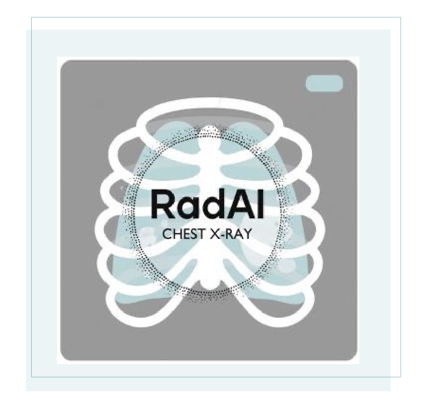Innovations, industrial products, and technological applications play a vital role in showcasing the distinction and creativity of research chairs. They are also a key objective of our beloved Kingdom's Vision 2030.
Since its inception, the Artificial Intelligence in Healthcare Research Chair has been committed to transforming the intellectual and research output of its members into technological products and applications with the potential for commercialization, they are:
1. "Marin" is an AI-powered rehabilitation system that has been successfully developed and tested to support pediatric patients aged 5 to 12 who suffer from hand injuries.
The system integrates therapeutic exercises into interactive games designed across three difficulty levels — easy, medium, and hard — based on the child's motor performance. Marin generates detailed progress reports that help physical therapists monitor the child's improvement and treatment adherence remotely.
The digital platform features a fully Arabic user interface, specifically designed to enable independent interaction by the child without the need for constant parental supervision.
· Project Team: Rahaf Masmali، Deem Almutairi، Shahad Alhajri، Abrar Alghamdi, Hanan Aljuaid.

2. Chest X-rays are gaining increasing importance as a common diagnostic tool, as recognized by the World Health Organization.
However, interpreting chest X-rays can be complex and time-consuming — even for experienced radiologists — which may lead to misinterpretations and delays in treatment.This is where RADAI comes in. This application aims to develop an AI-based model for reading chest X-rays, along with a companion application. The model can accurately detect four abnormalities in chest X-ray images and generate a report for each image. The application is also designed with ease-of-use in mind, featuring a simple interface for radiologists and a well-structured backend model, enabling smooth interaction and collaboration.
· Project team: Hanan Aljuaid , Hessa Albalahad, Walaa Alshuaibi, Shahad Almutairiz, Rawan Bin Rkhyes ،Nazar Hussain

3. Prediction of Brain Tumors and intrnsity Classification Using Deep Convolutional Neural Networks. Brain images are a vital tool for diagnosing brain tumors, but they require high accuracy and specialized expertise to interpret. This is where this revolutionary technical project comes into play! Using Deep Convolutional Neural Networks (CNNs), a model has been developed capable of analyzing brain images with exceptional intelligence to identify the type of tumor and classify its severity (ranging from low to high risk).
The model effectively supports doctors in making accurate and rapid decisions, reducing diagnosis time and increasing early treatment opportunities. The system is designed with a user-friendly interface and relies on real medical data to ensure the highest levels of accuracy and efficiency.
4. Detection & Prediction of Epileptic Seizures Using Machine Learning Model Seizures pose a sudden and frightening risk to many patients, but with artificial intelligence... we can now be "ahead of the event." In this project, an intelligent system has been developed based on machine learning models to analyze neural signals and predict seizures before they occur. The model works by detecting neural patterns that precede a seizure, allowing for early preparation and risk mitigation for the patient. The system is supported by analytical interfaces and real-time reports, helping healthcare providers make faster and more accurate decisions.